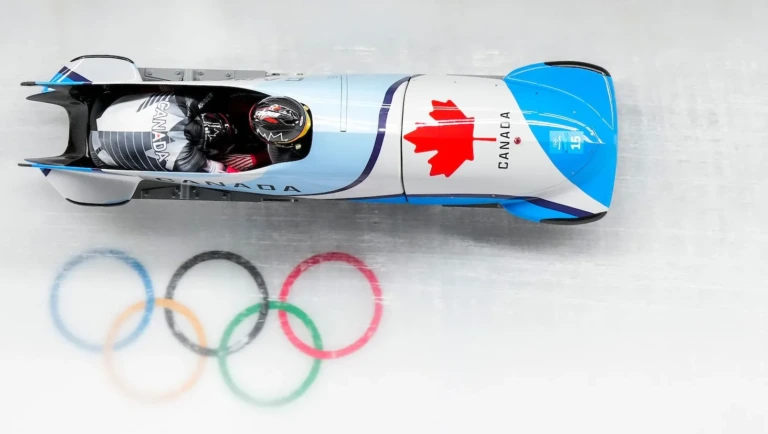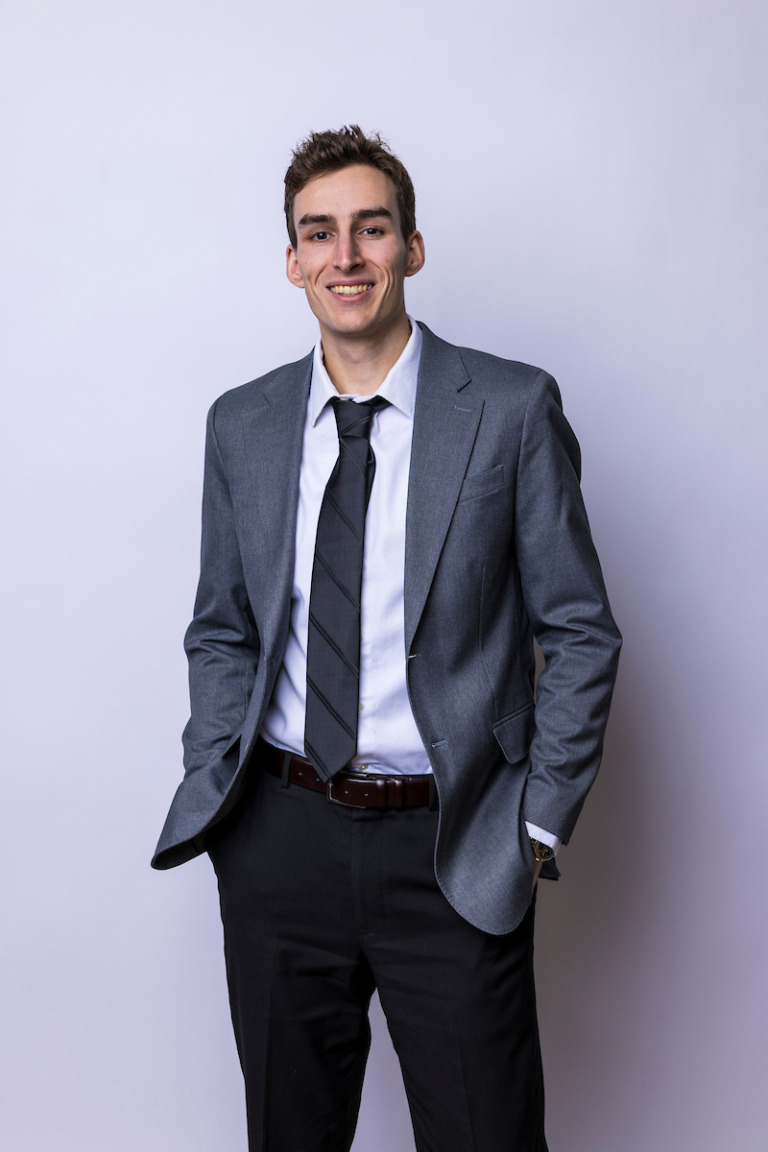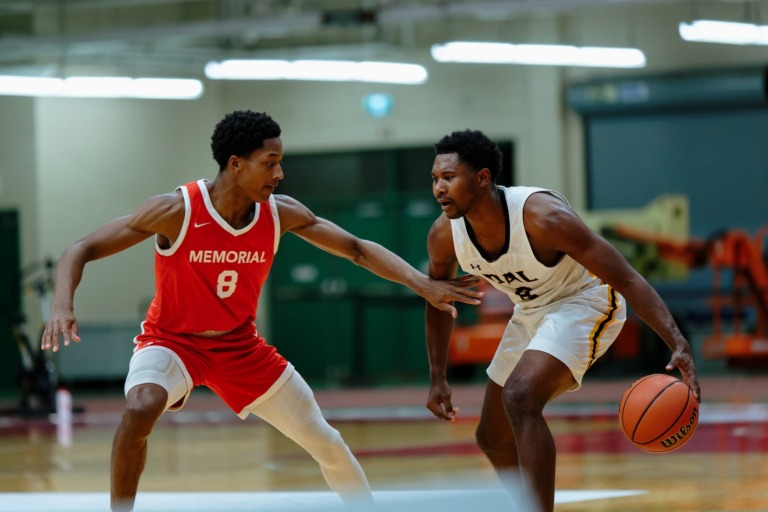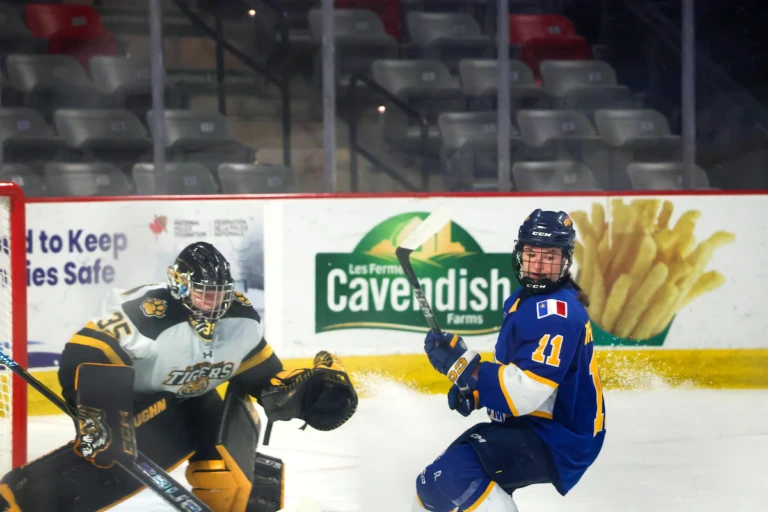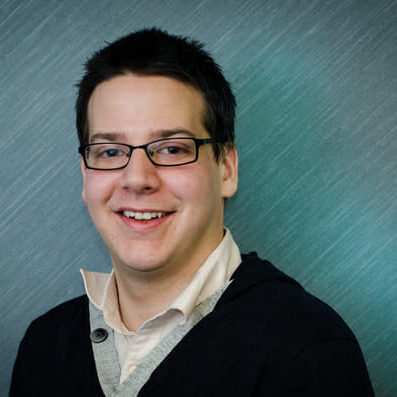
Name: Matt FitzGerald-Chamberlain
Program: Third-year computer science.
G: Why are you running for president?
F: I don’t view it, in terms of positions, as a hierarchy. I think the job of president is the one that suits me and my ideology and qualifications best; it’s what makes sense to me. I think it would be improper for me to try and get there by doing a position that I would not make the best candidate as. I could say I’ll run as VP (internal) this year, that’ll give me a better leg up for president next year. I could not go for a job I wouldn’t be good at just to work up for the one I would be.
G: What qualifies you for this position?
F: 3380 hours at the DSU – Production Services Technician – Supervisor
I bring a different perspective, coming from the inside I’m not just a student but I’m also experienced in everyone who works here. I know what they do, who to get a hold of the people I need, in terms of staff and DSU.
I have the work ethics of a pack mule, I have been here since nine this morning and I will be here until two tomorrow morning.
G: What do you plan to do if elected?
F: I really view the DSU as taking a more inclusive role. Inclusion can mean a lot of things and a lot of times people will think of it as having more of these people because they’re not getting included. No, it means being able to embrace people, encourage people, and support people equally and I find that every year there is a lack of continuity in who we support. So one year it might be the partying students, and the next year it’s the student advocates.That’s been great, especially because in past years it hasn’t been such a big thing, but that means that someone else is being left at the wayside and I think we need to, in a lot of ways, be more inclusive.
I would not be bringing forward new policy but rather an adherence to current policy. We have a lot of policy and a lot of it is only just now being recognized. We went several years of transition years between regulations and policies where it was very unclear what the prevailing policy was. Now we have a lot of these policies, like the elections policies, which have just been passed and amended but even now, with this policy, there are bits being ignored. I think it would be really forward to say we need more policy and do more things, when we’re actively not following things we’ve set forward and said we’d commit to. I would like to sit down, make a critique of and start the discussion on, what policy we have and look at what is working and what needs to be amended.
G: What’s your stance on the DSU potentially leaving CASA?
F: We have, especially in the past year, not been making great use of it. That is not necessarily a fault of CASA, as I think we could be making more use of it as we have in the past. I know Chris Saulnier was with CASA when he was president, so I know it has a lot to offer, we’re just not making use of it. That being said, maybe it doesn’t make sense to use it. I think we need to take some time and not go forward with putting an amendment in the constitution that would say we can’t rejoin or join any other alliance. I think we need to stay the decision for a year, use that time to actively did not attend and see what the ramifications are. Before we burn that bridge and leave entirely, let’s see what the ramifications of such a decision are. Are we able to self lobby at the federal level or is that too much? Are we not getting the bang for our buck? Maybe that’s the decision we come to, but leaving after a bad period seems a little presumptuous. I would recommend waiting a year before dropping to associate member and evaluating then.
G: What are your thoughts on the new food-service system in the SUB?
F: I know a lot of the people that run the food services, and I have been really impressed with how things have run this year, particularly with Pete’s. That being said, I think there’s a long way to go in the food that we offer and is it sufficient—and I mean that on the offerings level. The thing that we have to contend with, of course, is the financial level of the fact that we’re not making something like $100,000 indifferent to the revenue, which is having a big impact on what we take in as general revenue. I think that it’s going to become more impending that we get that food service to a level where we’re really catering to students—figuratively and literally—because if we don’t, we’re going to never make back that money in any capacity. In future years, there’s going to be more of a push on that on a financial level.
G: What do you think of the lack of women running in the election?
F: My view on equality in this sort of things is that I can’t change that I’m a white male. In terms of gender and skin colour, I can’t change those circumstances. I would be interested in consulting with South House and various other organizations and see how they view it. It would be unfair of me and historically unfair of anyone outside the minority to comment on why the minority is disadvantaged. I’d like to see if they view that as the problem, and while I expect they would, I imagine there are other aspects too that aren’t simply that women are oppressed but maybe that the executive isn’t a comfortable place for a woman to participate in. Maybe the executive needs to strike to be more inclusive. Every year the executive is five males is another year making that an uncomfortable place for women.
This interview has been edited for clarity and length.
Watch one of FitzGerald-Chamberlain’s campaign videos:
Others candidates for President are: Andrew Komlodi and Sagar Jha.


